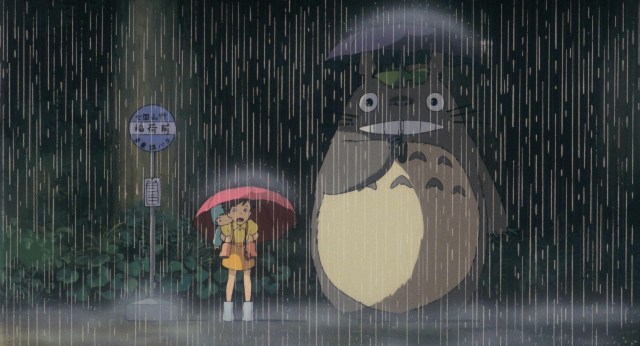
The stars of Hayao Miyazaki’s late ‘80s/early ‘90s hits join the free-image party.
Earlier this fall, Studio Ghibli made the sudden and generous announcement that it was releasing a collection of images from eight of its beloved anime movies, free for anyone to download from its official website and use however they want “within the scope of common sense.” A second batch added another six films, and while fans were happy, there was, of course, a teensy, tiny shortcoming in that there weren’t any pictures of Totoro.
Well, as of today, that problem is solved!
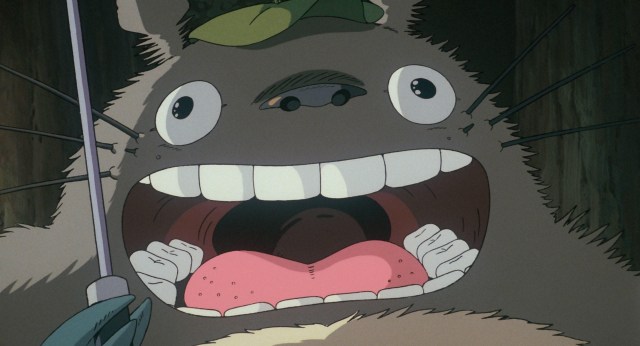
Studio Ghibli has just posted its third set of free-to-use images, this time covering five features from the late ‘80s and early ‘90s, each represented by 50 images for a total of 250 pieces of breathtaking artwork. The big deal, obviously, is the inclusion of 1988’s My Neighbor Totoro.
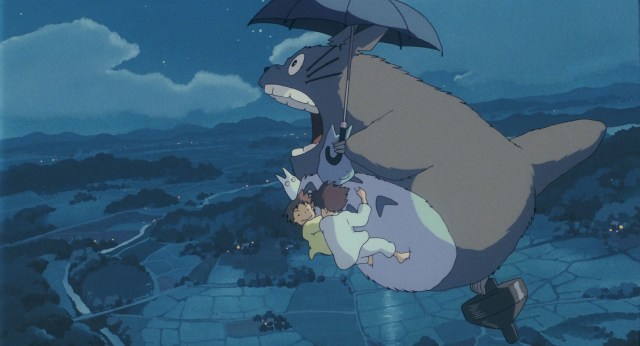
Joining the big guy are several shots of sisters Mei and Satsuki, as well as everyone’s favorite form of animated mass transit, the Catbus.
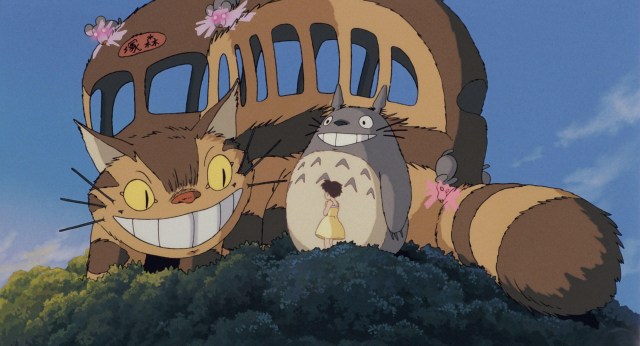
Ghibli’s next film after Totoro was its adaptation of author Eiko Kadano’s Kiki’s Delivery Service.
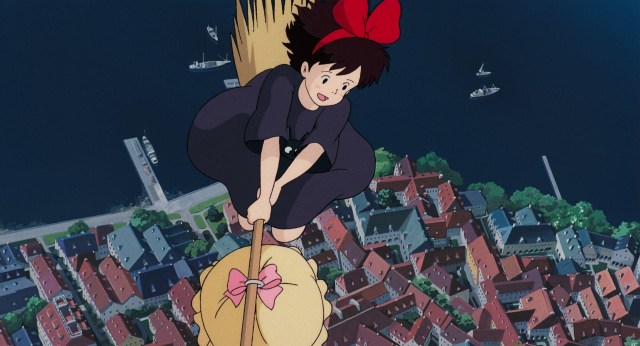
To date, Kiki is the only Ghibli theatrical feature directed, written, and produced by Hayao Miyazaki, and the legendry anime creator’s penchant for perfection shines through from start to finish. For example, look at how much detail there is in Kiki’s mom’s witchery workshop, in which only a few fleeting moments of the film take place.
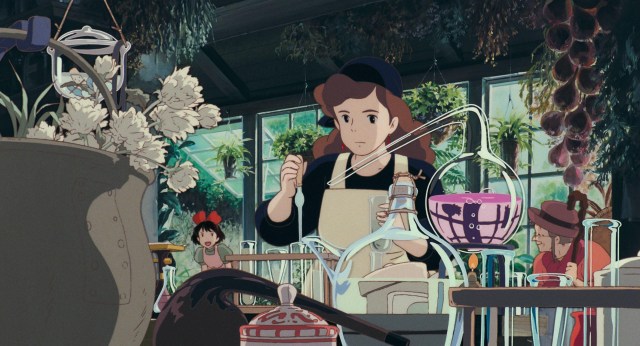

But arguably the best example of “Hayao Miyazaki drawing stuff he loves” is 1992’s Porco Rosso.
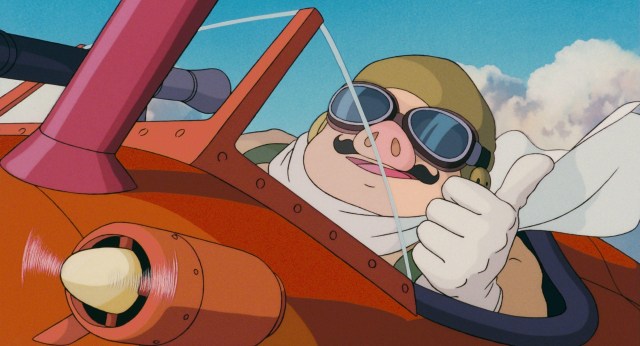
Alternatively known as “The Crimson Pig,” Porco Rosso gives Miyazaki an opportunity to fill the screen with early 20th-century flying machines, and with the director often portraying himself as an anthropomorphized pig in his illustrated self-portraits, it’s hard not to see him drawing a parallel of sorts between himself and the porcine protagonist.
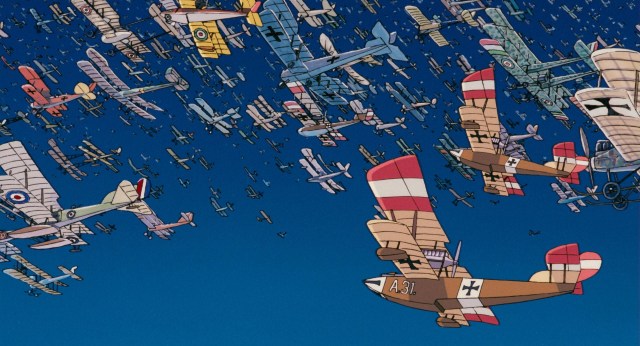
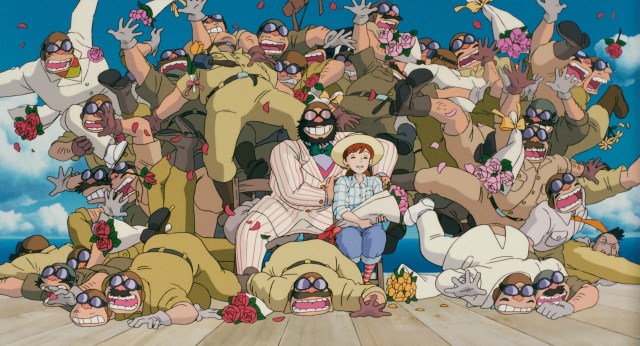
Speaking of animal stars, 1992’s Pom Poko probably did more to spread awareness of tanuki outside Japan than any piece of media since Super Mario Bros. 3.
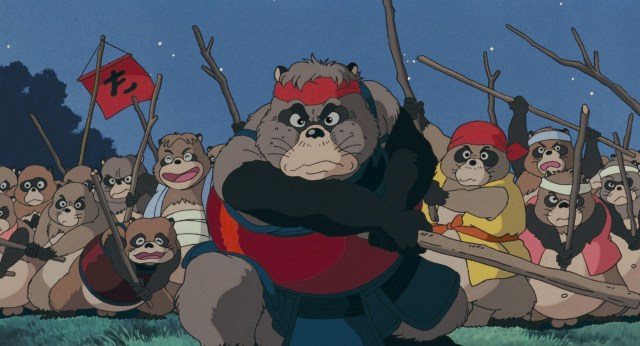
In addition to teaching viewers outside Japan about the existence of raccoon dogs and their place in Japanese folklore, it also let the rest of the world know that Japan really can’t think about tanuki without also thinking about their testicles.
▼ Pom Poko’s tanuki, using their expansively expandable scrotums as sails to soar gallantly across the sky.
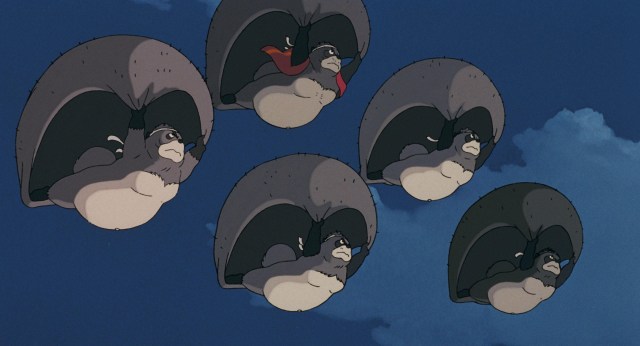
It’s also worth noting that Pom Poko is, by far, Ghibli’s most nonchalantly tragic anime (the full Japanese title loosely translates to “Modern-day Tanuki War Pom Poko,” after all), which makes its lighthearted moments, bittersweet as they are, something to treasure.
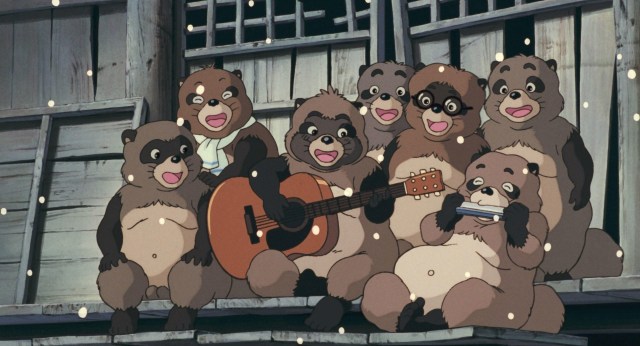
Rounding out the new batch of images is Ocean Waves, or I Can Hear the Sea, as it’s titled in Japan.
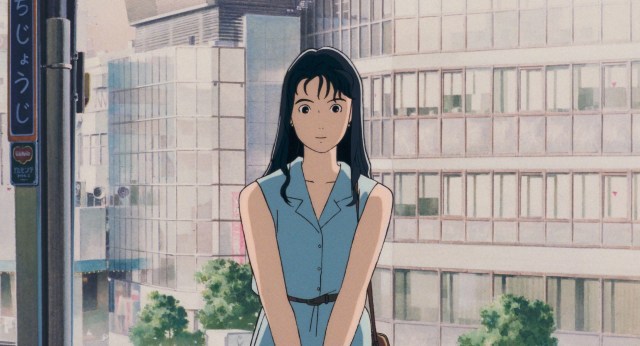
Ghibli’s only made-for-TV anime movie (at least until next month, when its first-ever all-CG feature premiers on public broadcaster NHK), Ocean Waves tends to be forgotten or dismissed, due to a mix of its lower budget compared to the studio’s theatrical projects and the lack of involvement from Hayao Miyazaki, regular Ghibli character designers Katsuya Kondo and Masashi Ando, or composer Jo Hisashi.
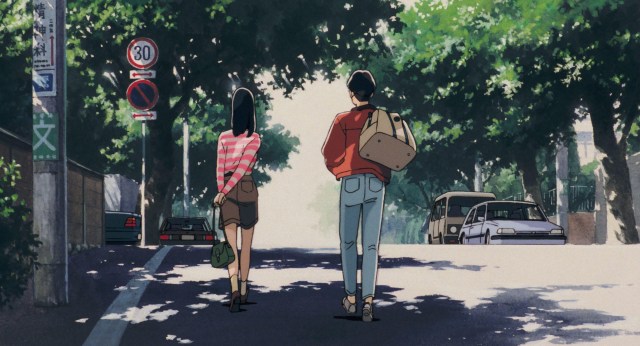
Judged on its own merits, though, it’s an interesting story of young romance and coming of age involving characters a little older than Ghibli’s normal cast of budding adolescents, with some beautiful renderings of sunlight and shadow, and also an interesting peek at what could have been had Ghibli made a stronger commitment to diversifying its storytelling style.
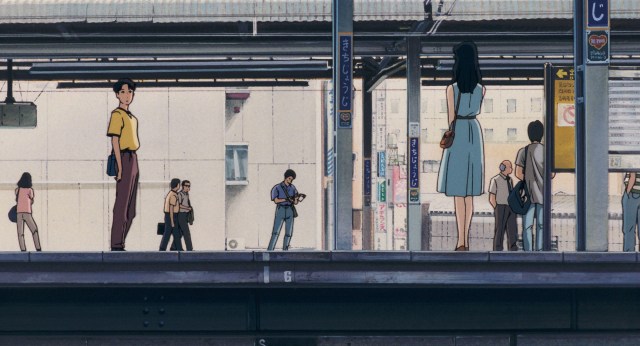
While many of the images are iconic freeze-frames that are etched into long-time fans’ minds, a few of them showcase background and environmental artwork, or allow you to notice things your eyes might not have caught when watching the anime in motion.
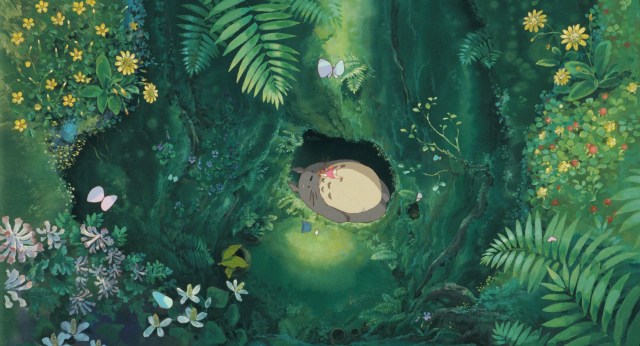
For instance, did you know that the ghost parade in Pom Poko features cameos by frequent flyer Totoro, as well as Kiki and Porco?
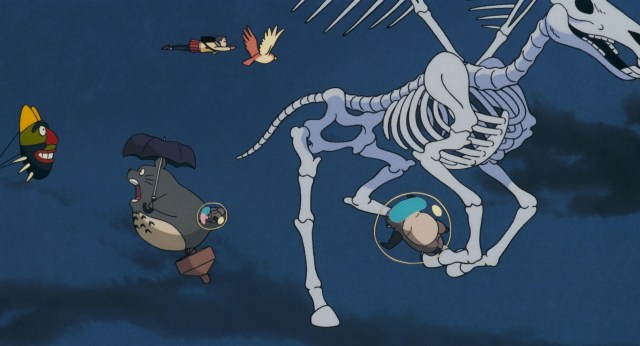
▼ Does this mean there’s a shared Studio Ghibli universe, or does Pom Poko taking place in modern-day Japan mean Ghibli movies exist within the Pom Poko world, and the tanuki are just copying the anime they’ve watched?
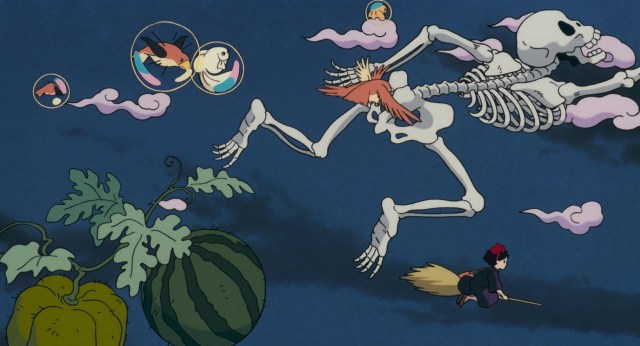
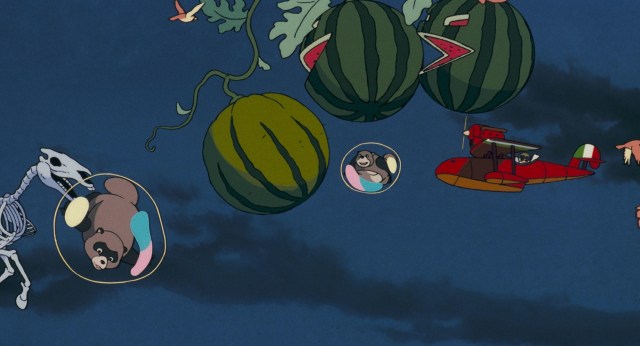
The entire collection of new images can be found here.
Top image: Studio Ghibli
Insert images: Studio Ghibli (1, 2, 3, 4, 5)
● Want to hear about SoraNews24’s latest articles as soon as they’re published? Follow us on Facebook and Twitter!

No hay comentarios:
Publicar un comentario